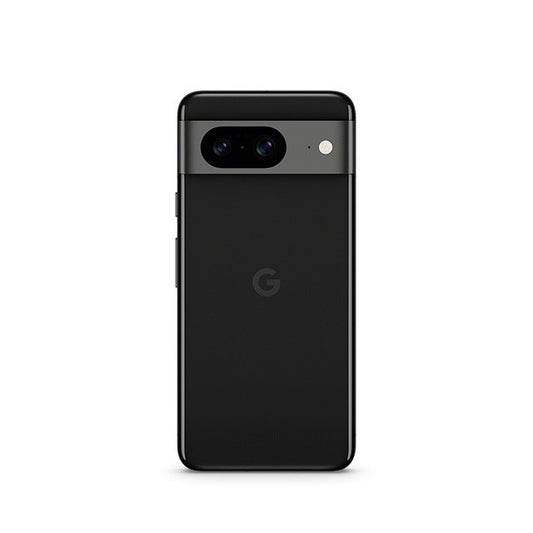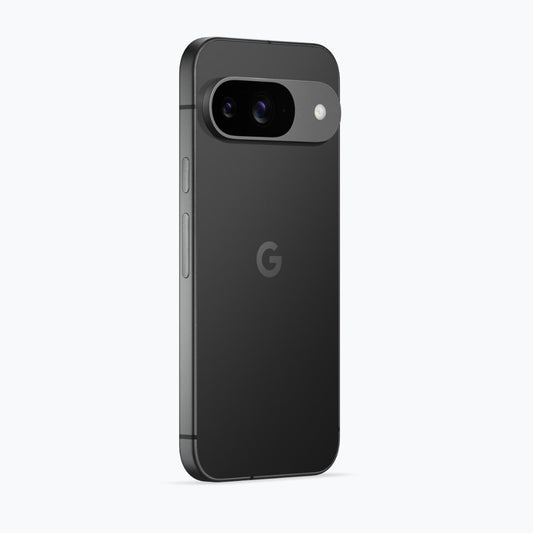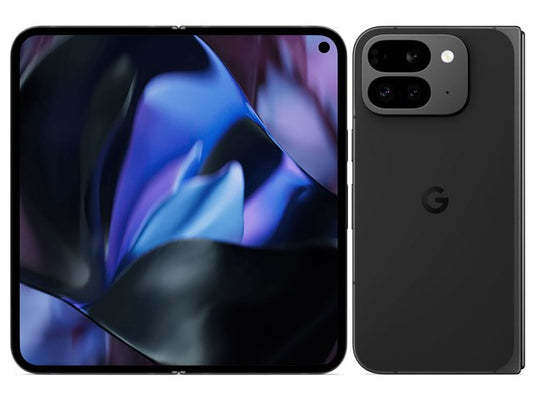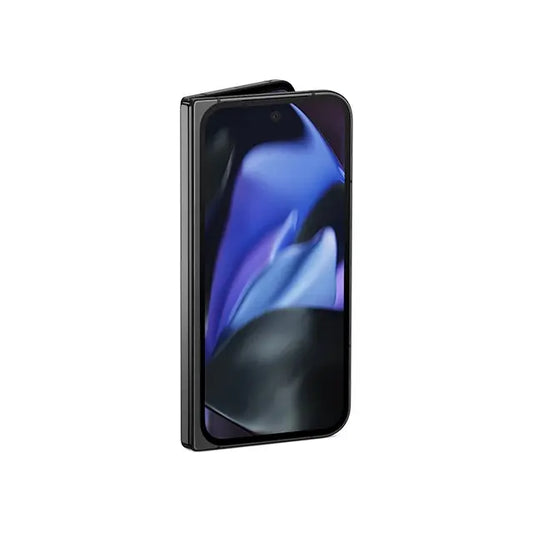
Pixel10 is still under immigration inspection The reason AntiSpyPhone is proceeding cautiously with the response
Google's new smartphone, the Pixel 10 series, was released at the end of August.
The AI features have evolved, the design is refined, and the camera is like a professional model.
This is truly the lineup of the next-generation smartphone.
While users around the world have been making a fuss since its release, there is a group quietly observing the situation. It is the AntiSpyPhone development team.
"Is Pixel 10 support ready yet?"
However, the answer is decided.
"Not yet. There is a reason."
First, it is important to understand that AntiSpyPhone is a special OS based on GrapheneOS with its own customizations.
GrapheneOS is built on the open-source version of Android AOSP released by Google and is highly regarded worldwide by experts as an OS that maximizes security and privacy.
AntiSpyPhone is a smartphone that balances practicality and safety by customizing this GrapheneOS.
The reason AntiSpyPhone does not support Pixel 10 is simple.
Because the internal safety checks are not yet complete
The Pixel 10 is equipped with a new Titan M3 security chip, which handles device encryption, boot verification, secure storage management, and more.
GrapheneOS builds security deeply utilizing this Titan chip, so every time a new chip is released, verification must be done from scratch.
The Titan M3 operates differently from the previous M2, with changes in how encryption keys are handled and signatures processed.
Moreover, Google has not yet released the full specifications to developers.
In other words, from AntiSpyPhone's perspective, it is like a safe whose contents are still unknown.
If the shape of the key is unknown, a secure door cannot be made.
If support is implemented halfway here, there is a risk that secure boot will be broken or encryption will not work correctly.
The development team is carefully analyzing the operation of the Titan M3 to avoid that risk.
Another barrier is the AI features
The Pixel 10 is designed around AI, with AI deeply involved in all processes such as photo correction, voice recognition, and real-time translation.
This itself is wonderful technology, but
from AntiSpyPhone's perspective, it is a bundle of risks
The more convenient AI is, the more data it handles, much of which is user behavior, conversations, and location information. Whether the AI functions operate on the device or via the cloud.
Unless this can be accurately understood, AntiSpyPhone cannot officially support it.
The development team is thoroughly investigating the AI feature APIs and permissions.
How much communication the AI has with Google's servers, and how much local processing is completed.
Until safety is confirmed, functions including AI are turned off and operation verification continues.
For AntiSpyPhone, "delaying support" is not negligence but a strategy to protect safety.
Furthermore, the Pixel 10's firmware signature system has also evolved.
The system called Verified Boot has become more complex, and strict signature verification is performed at OS startup.
Because AntiSpyPhone is based on GrapheneOS, it must fully support Google's signature keys and verification libraries.
However, Google has not yet released this key information for the Pixel 10.
Therefore, at this stage, it is impossible to reconstruct a secure boot process.
Simply put, AntiSpyPhone is now
just not moving into a "newly built apartment whose safety checks are not finished"
No matter how impressive it looks, we do not live in a building that has not passed earthquake resistance inspections. That is our policy.
The same thing happened in the past.
When the Pixel 7 and Pixel 8 were released, it also took several weeks to months for official support.
During that time, the development team analyzed chip operations, checked bootloader behavior, and scrutinized each communication path.
When official support was released, a version more robust and stable than any other environment was completed.
In other words, there is only one reason AntiSpyPhone does not support Pixel 10.
Because safety has not yet been confirmed.
Nothing more, nothing less.
No matter how much AI evolves or how powerful the Titan chip becomes, AntiSpyPhone consistently operates with "user safety as the top priority."
Until the Pixel 10 meets that standard, it will never release recklessly.
Amid the dazzling shine of the latest technology, it deliberately walks cautiously. Choosing reliability over flashiness.
That is the style of AntiSpyPhone born based on GrapheneOS.
When the Pixel 10 is fully analyzed and all security structures are revealed, AntiSpyPhone will open that door for the first time.
Safety is heavier than speed.
AntiSpyPhone is a smartphone that understands this better than anyone.










